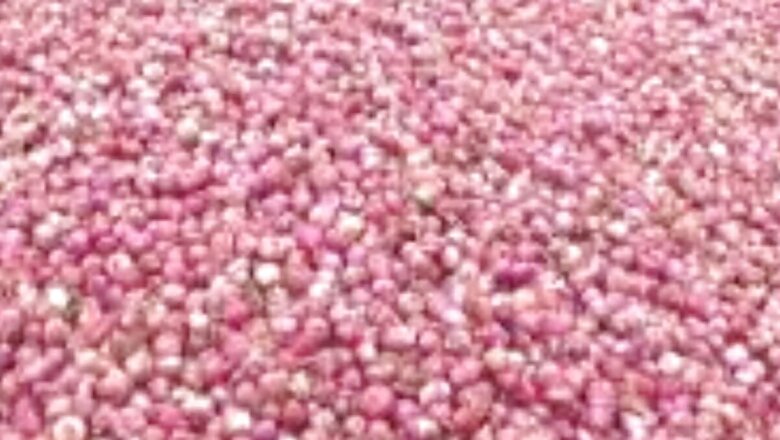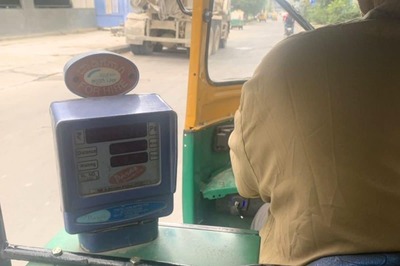
views
Kurnool district, known for its drought conditions, is particularly famous for its onion crops. Among the two Telugu states, Kurnool district is known for cultivating the most onions. While Maharashtra produces the majority of the country’s onions, Kurnool district ranks second. Traders from Kurnool used to export onions to Bangladesh and other countries via Kolkata. But now, with a lack of proper export opportunities, farmers are deeply concerned.
Currently, farmers in Kurnool district are cultivating onions on over 35,000 acres. In the past, they used to cultivate onions on nearly 100,000 acres. However, due to the lack of proper prices for onions over the last five years, farmers are facing severe difficulties. Many are unable to even recover their investment and are struggling to pay labourers, leading to a situation where they are forced to sell their lands.
Farmers investing around Rs 70,000 to 80,000 per acre in onion cultivation are not receiving adequate support prices. In the past, the price per quintal was between Rs 500 to 1500, but these prices have caused significant hardship over the last five years. As a result, fewer farmers are showing interest in growing onions, reducing the cultivation area from 100,000 acres to just 35,000 acres. This year, onions are being predominantly cultivated in areas like Emmiganoor, Gonegandla, Kosigi, Peddakadabur, Kowthalam, Mantralayam, Pattikonda, Aspari, and Nandavaram mandals in the western part of Kurnool district.
Although this year has brought some relief with better prices compared to the last five years, the farmers are expressing their distress due to significant damage from heavy rains. They are lamenting that more than half of their crops have been ruined, with 10 to 20 bags per acre either submerged or spoiled due to unseasonal rains.
With current onion prices ranging from Rs 3000 to 3700 per quintal in the market, the income is insufficient to cover the investment. Therefore, farmers are urging the government to focus on onion cultivation, announce a minimum support price of Rs 4000 and take steps to facilitate exports. They are also requesting compensation for the damaged crops due to unseasonal rains to support the affected farmers.


















Comments
0 comment